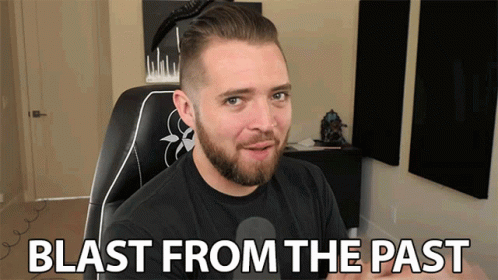
When we think about innovation, we don't necessarily think about the past. We think about the future. Innovation is what drives society forward, not something that takes us back. However, we can not ignore what has come before. It must be studied carefully if we have any expectation of changing the future.
Big Players
When Henry Ford was in the early days before changing America forever, the people in charge of the United States were the wealthy businessmen who had built monopolies from the ground up. From Rockefeller to Carnegie, these ruthless multi millionaires had transformed the way the United States worked. In the History Channel's mini series "The Men Who Built America" season one episode eight, they go into great detail about some of the reasons why these men were such big players.
While they were indeed ruthless, which eventually would cause their downfall, they also exhibited traits of successful entrepreneurs. For example, Carnegie saw that steel was going to be huge and took over the entire market, and J. P. Morgan believed in General Electric's idea for bringing light into every household. These men clearly possessed skills of entrepreneurs, including innovating. The innovations these individuals helped implement still impact us today. From the most common oil and gas companies, to railroads, these business moguls changed the world.
Ford's New Way
Unfortunately for the big monopolies, the American people had enough of their antics. A wave of legislation all but destroyed the massive companies they once controlled. Henry Ford was one of the first in the wave of new businessmen who started off in a very big way. His claim to fame was perfecting the assembly line. However, a car assembly line for with no steel can not run. A workplace with no electricity can not operate, and the modern day Tesla wasn't quite ready to unveil its gasoline free car.
As the mini series I mentioned earlier so clearly shows, the success of Ford was entirely dependent on the success of other people and innovation coming before him. We know that the economy is almost a living organism, with things constantly changing and growing. So too is innovation. This aspect of innovation is so interesting because it often gets ignored. I do not think that Ford spent much time thanking Carnegie for creating a booming steel industry. Instead, steel was probably thought of as just a simple commodity, something to be used.
Understanding this cycle of innovation allows us to see how society and entrepreneurs interact.
One Big Loop
Without a doubt, society is acted on in a huge way by innovation. Everything we have today is because someone else in the past innovated in some way and introduced something new. Where society is today can't just be looked at as a snapshot in time. We are a culmination of all innovation that has ever happened in the world. Each new product, idea, or way of doing something has transformed us into what we see today. Without the ripple effects that were caused hundreds of years ago by something seemingly simple in its time, who knows where we would be today.
This being the case, society has no choice but to support this idea of cumulative innovation. We could try and fight this idea and not support past innovation, but at the end of the day we have to choose something. If you read this at all, in fact, you are relying on innovations of computers, metal, wire, electricity, and the blockchain, just to name a few.
We can easily see how society and innovation are constantly working together side by side. As consumers make choices, entrepreneurs respond by creating solutions. These solutions will be chosen if they provide value, and then the next entrepreneur can build off of that previous innovation in a continuous cycle.
All in All
In the end, many innovations are frowned upon. We just can't appreciate them fully without knowing where they may take us. But thankfully there is always time to learn from the past, and shoot us into the future.